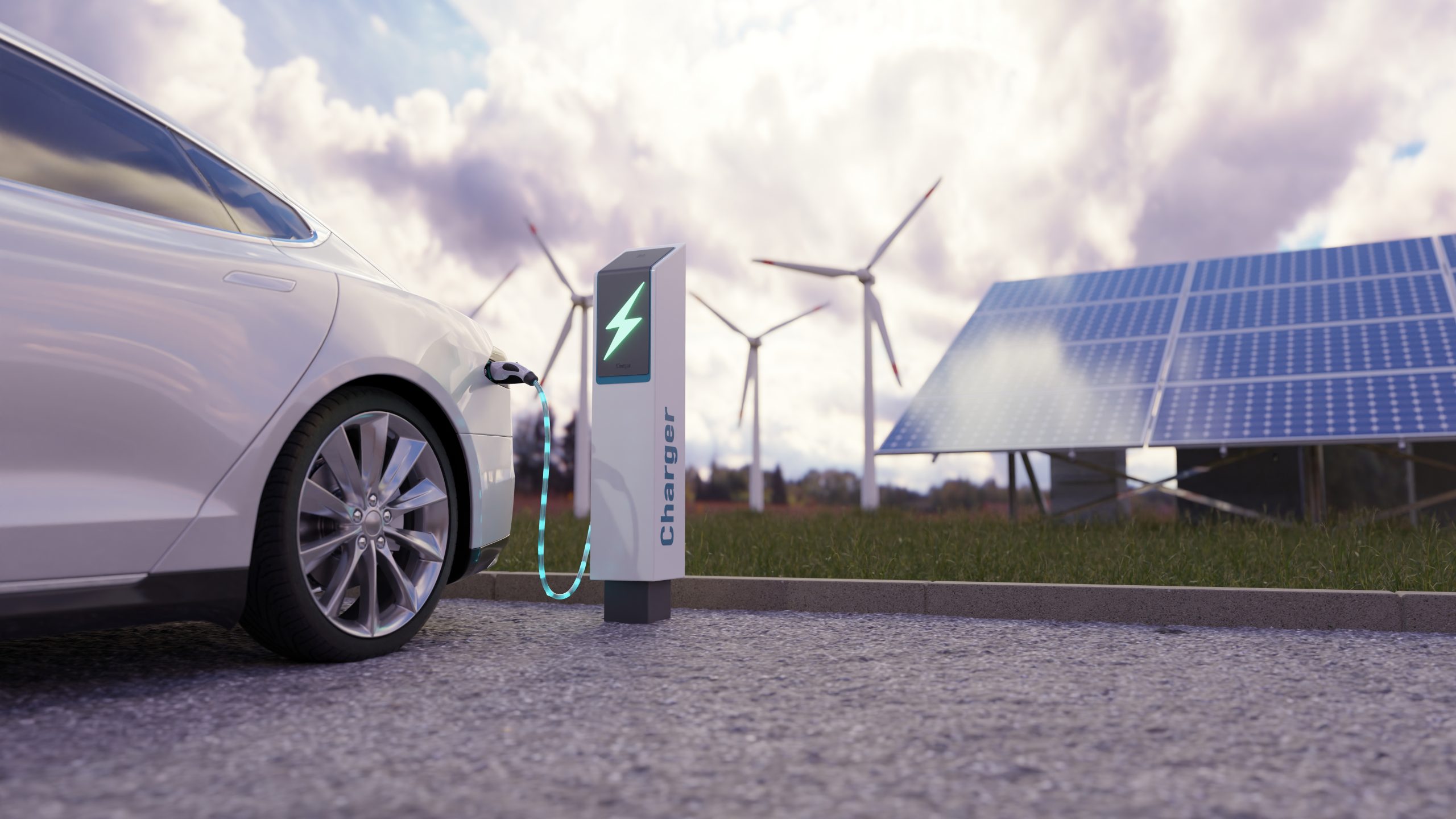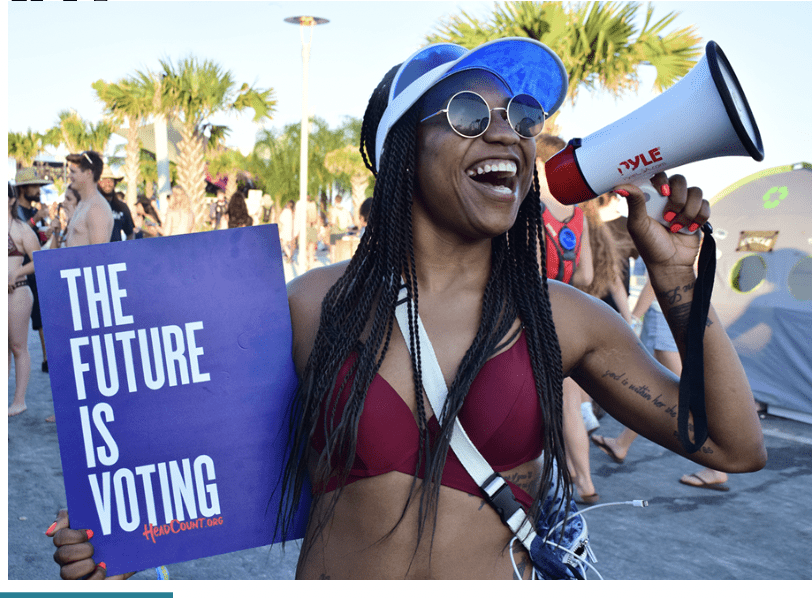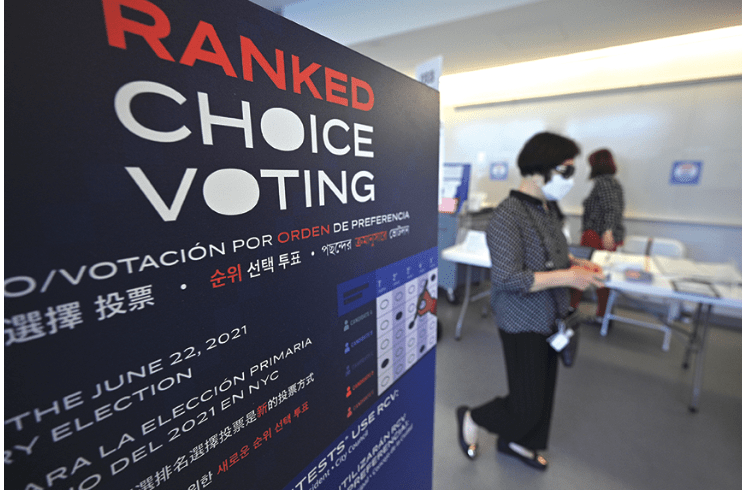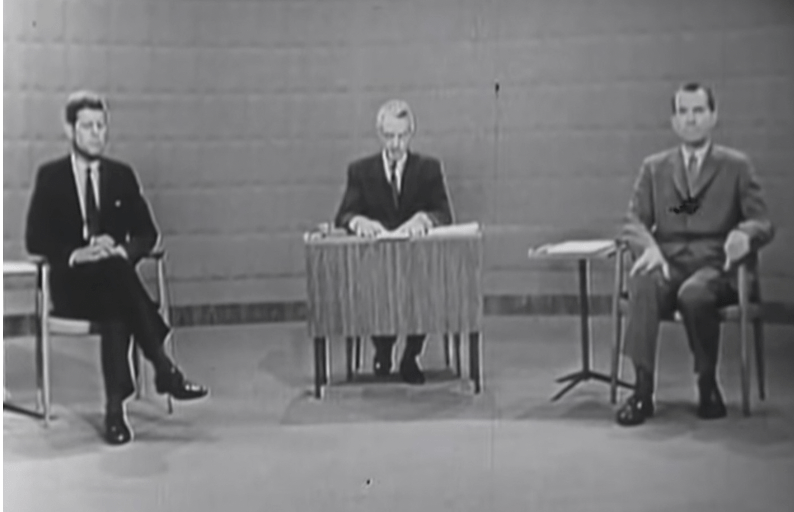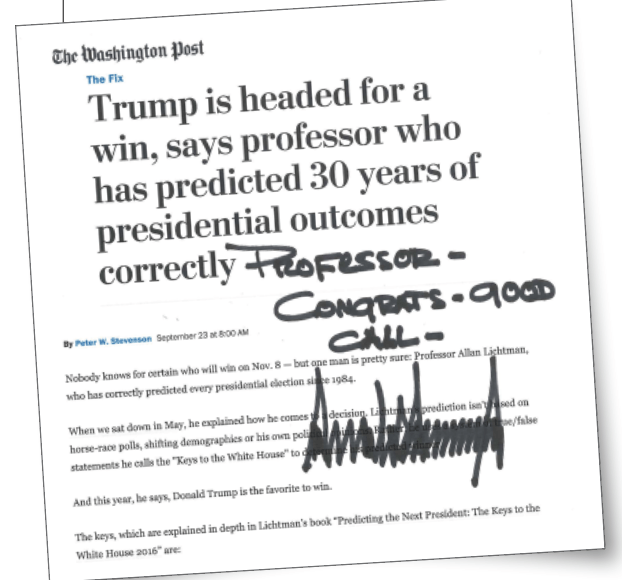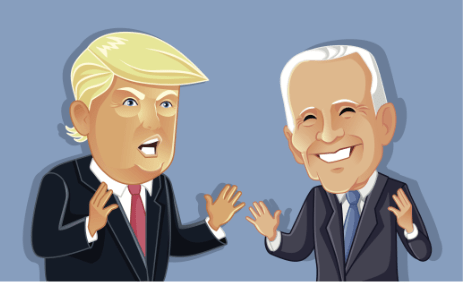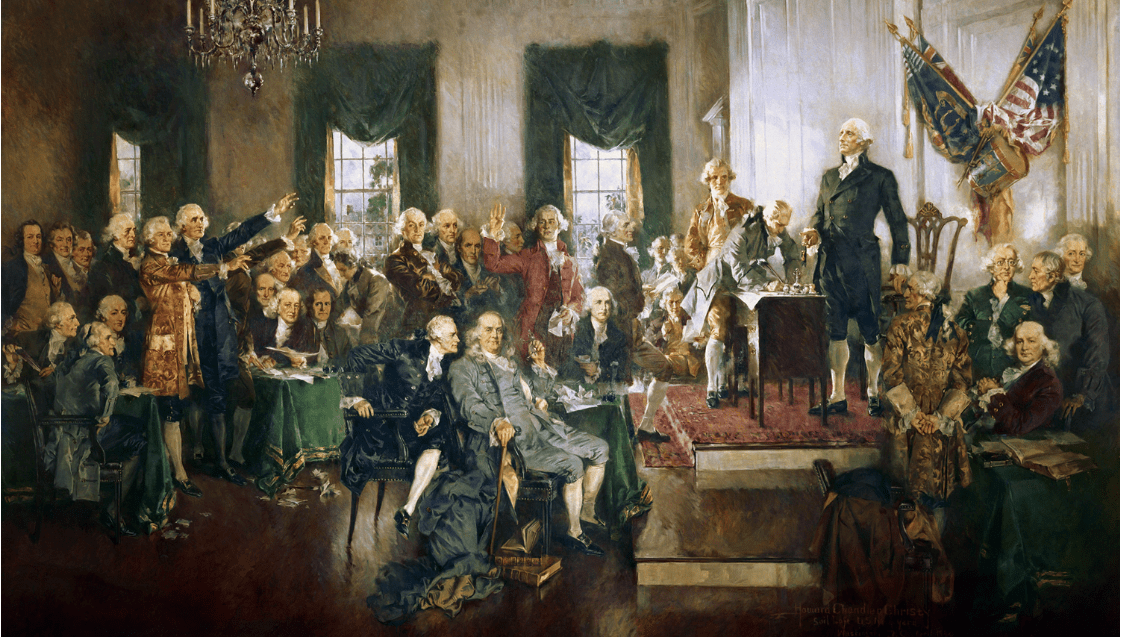Lady Liberty
In the 2016 presidential election, the Libertarian ticket of former New Mexico Gov. Gary Johnson for president and former Massachusetts Gov. William Weld for vice president pulled off the party’s best performance in its half-century history, tallying nearly 4.5 million popular votes. This November, Libertarians hope Jo Jorgensen, their first female presidential candidate, will build on that success.
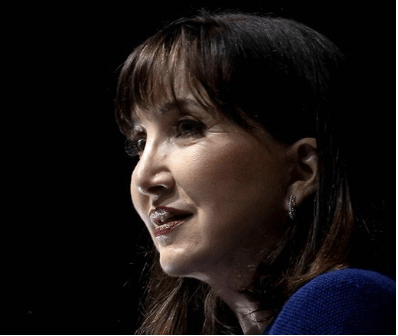
Jo Jorgensen, the Libertarian candidate for president, is no stranger to politics. In 1980, she supported Ed Clark, the first Libertarian presidential candidate to garner more than 1% of the popular vote. She ran for Congress unsuccessfully in 1992 as the Libertarian candidate in South Carolina. In 1996, she became the Libertarian Party’s nominee for vice president. Meanwhile, she’s worked for IBM, served as president of Digitech and now teaches psychology at Clemson University.
In a YouGov survey conducted late last year, 64% of Gen Z and 70% of millennials said they were somewhat or extremely likely to vote for a socialist. That directly opposes the free-market principles libertarians embrace. How will libertarians make headway with younger voters?
Jo Jorgensen: In spite of the media’s love of socialist-style solutions, libertarianism is quite popular among many young people. It is a testament to the soundness of libertarian ideas that they have grown in popularity despite a virtual blackout of our solutions by the mainstream media.
What’s the best-run country in the world?
Well, that’s kind of like asking a vegetarian what’s the best steakhouse out there. By definition, governments cannot be run well. People in government have no accountability. If they make a mistake, they don’t pay for it. If they do something wrong, they don’t go out of business. Private enterprise in the free market, on the other hand, has to work to acquire and keep customers—they have to do a good job or they go out of business. So, I think that government should be limited to police, courts and military because other than that, individuals can do a much better job.
It’s often suggested that Libertarians represent a middle choice between socially progressive Democrats and fiscally conservative Republicans. Do you agree?
You could say that Libertarians are in the middle or the mainstream because we believe what most Americans believe: Keep taxes low and government lean. Be personally responsible and don’t harm others. Be free to make your own choices. Stay out of war, except to defend our own soil and shores. In contrast, Democratic and Republican politicians hold the disturbing view that it’s OK for the United States to have troops stationed in 150 countries around the world and entangled in multiple endless wars, which makes us less safe and puts us at risk of a terrorist attack.
What do Libertarians propose to ensure equal or at least baseline educational opportunities for all?
One-size-fits-all education fits no one. What is “baseline” for people living in Appalachia is different from what is “baseline” for people living in Manhattan. This is why we need to get the federal government out of education—so we return control of education to parents, teachers and students. This will drive down the cost of education, lower property taxes and enable a rich variety of educational choices that serve the real needs of students.
I will pardon and free all nonviolent drug offenders and any federal prisoner serving time where there was no victim.
How can the U.S. combat climate change without regulating industry?
I was in a third-party debate in March in Chicago, and one of the people running for the Socialist ticket said that the Department of Defense—run by the federal government, of course—was the largest polluter on Earth. Then she went on to talk about how horrible companies are to the environment. Well, then why would we rely upon the very people who are causing the problems to fix the problems? If you look around the globe, wherever there’s bigger government, there’s more pollution. Wherever there’s less government, there’s less pollution.
It’s been said that a president can take on only a handful of major issues in a single term. What would that handful look like in a Jorgensen administration?
Free-market healthcare is a top priority. We must drive down healthcare costs to make it affordable and to ensure people have access to the care they need.
We must end our interventions in foreign wars. As commander in chief, I will make America like one giant Switzerland: armed and neutral. I will immediately begin an orderly process of bringing our troops home from the Middle East and Afghanistan. I will give notice to our NATO allies that we will be bringing our troops home and are preparing to close foreign bases. This will keep our servicemen and women out of harm’s way and allow military spending to be cut, which is critical to balancing the budget, ending deficit spending and keeping taxes low.
We must get runaway spending under control. I will veto every bill that adds debt or that contains a tax increase. My veto pen will get a real workout. I’ll set spending-cut targets for each of my cabinet members and hold them to account for results. Then we’ll cut spending more so we can move toward eventually ending the federal income tax. This will create millions of jobs and put over $12,000 back in the budget of the average family.

On Day 1 of my administration, I will pardon and free all nonviolent drug offenders and any federal prisoner serving time where there was no victim. This will end our obscene and unjust over-incarceration, allowing peaceful Americans to go home to their families. This will signal the end of the failed War on Drugs, which will dramatically reduce street crime and allow drugs to be labeled and far safer.
Your thoughts on America’s increasing partisanship and tribalism?
Democratic and Republican politicians want to divide and conquer voters so that we fight among ourselves—rather than attack their failed policies. This must end. We must resist engaging in disagreements that are relatively superficial, and focus instead on policy changes that make a real difference by getting government out of the way.
What actions of the Trump administration have been most egregious to Libertarian principles?
Keeping our troops at war, failing to repeal Obamacare when there was a Republican majority in both houses and adding as much as $5 trillion to our nation’s debt this year would be among Trump’s most egregious failures as president.
What policies of a Biden administration would be most contrary to Libertarian ideals?
Biden’s plan to spend even more than Trump would cripple our economy. His disdain for our right to self-defense will put innocent Americans at risk and drive up crime. His love of just about everything big-government would harm many areas of the economy and of our lives.
What’s your pitch to likely Trump voters and to likely Biden voters?
To the Trump voters, I say that I understand why you voted for him. You were looking for an outsider, and he claimed to be a businessman who knows how to balance a budget and cut spending. Unfortunately, he has not done any of that. If you’re looking for a real outsider, I’m what you’re looking for. As a lifelong Libertarian, I am committed to turning Washington, D.C., on its head, and to not only repealing Obamacare, but opening up a truly free market in healthcare to bring costs down. I will veto every spending bill that adds a dollar to the debt, with the ultimate goal of ending the federal income tax.
To the Biden voters, I point out that the Democratic Party has traditionally been the party of peace, the antiwar party. Unfortunately, they have strayed from these routes by muzzling Tulsi Gabbard and nominating a war hawk. If you want to bring the troops home and have our country be at peace, I am your only option.
Jorgensen on Healthcare
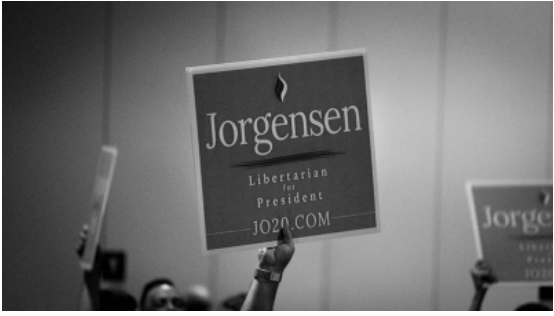
What do Libertarians prescribe as a safety net for at-risk and disadvantaged citizens who cannot afford basic healthcare?
We cannot simply end Medicare and Medicaid, which millions depend upon today. But we can eventually make them unnecessary by unleashing a free market in healthcare. Singapore’s healthcare system is much closer to a free market than ours is, and their costs are 75% less than ours. A free market in healthcare will make medical services and insurance affordable and will allow free clinics to open up to serve the poor.
How would Libertarians help people who still can’t afford to see a doctor, even if creating free markets for healthcare brings prices down?
We cannot move to a free market overnight because the government has caused prices to become too high. So rather than having the Medicaid and Medicare programs we have now, I would actually put dollars directly into their pockets and let them shop around for the best prices and get the ball rolling, similar to the [Healthy Indiana Plan] in the state of Indiana. The Indiana plan not only provides insurance but also buys medical services. As a result, generic drug use went from 10% to 90% in the state because people were motivated to use their money efficiently.
So, a Jorgensen administration would provide a safety net that would allow people to use the free markets to get the best healthcare they can afford?
Right, initially. In the long run, of course, I’d like to go to a completely free market, but we can’t do that right now. Also, a lot of people don’t realize that we’ve got federal laws that prevent local charities from opening clinics. We don’t have the free clinics that we used to have because of the federal government.
Should the federal government intervene if pharmaceutical companies price life-saving prescription drugs out of the reach of some patients?
Well, they wouldn’t be priced out of reach if we had a truly free market. The problem with our insurance system is it’s not really insurance at all. You know, people shop around for the lowest gas price at gas stations. If our car insurance paid for gas, oil and car washes, we would have no incentive to shop around for the best or the lowest-priced gasoline because we would just whip out a little $5 co-pay, and maybe even go to the nicest place that gives us free coffee while we wait. And of course, gas stations wouldn’t have any reason to lower their prices because they would simply pass the prices along to the car insurance companies—because they’re going to get paid anyway. And then, in turn, they would simply raise our insurance rates. But, if we had a free market in healthcare, then drug companies—just like gas stations, grocery stores, computer stores and car dealerships—would have to offer lower prices to get our business. If the government comes in and just tells them to cut prices, they’re just going to pay off their congressmen.
